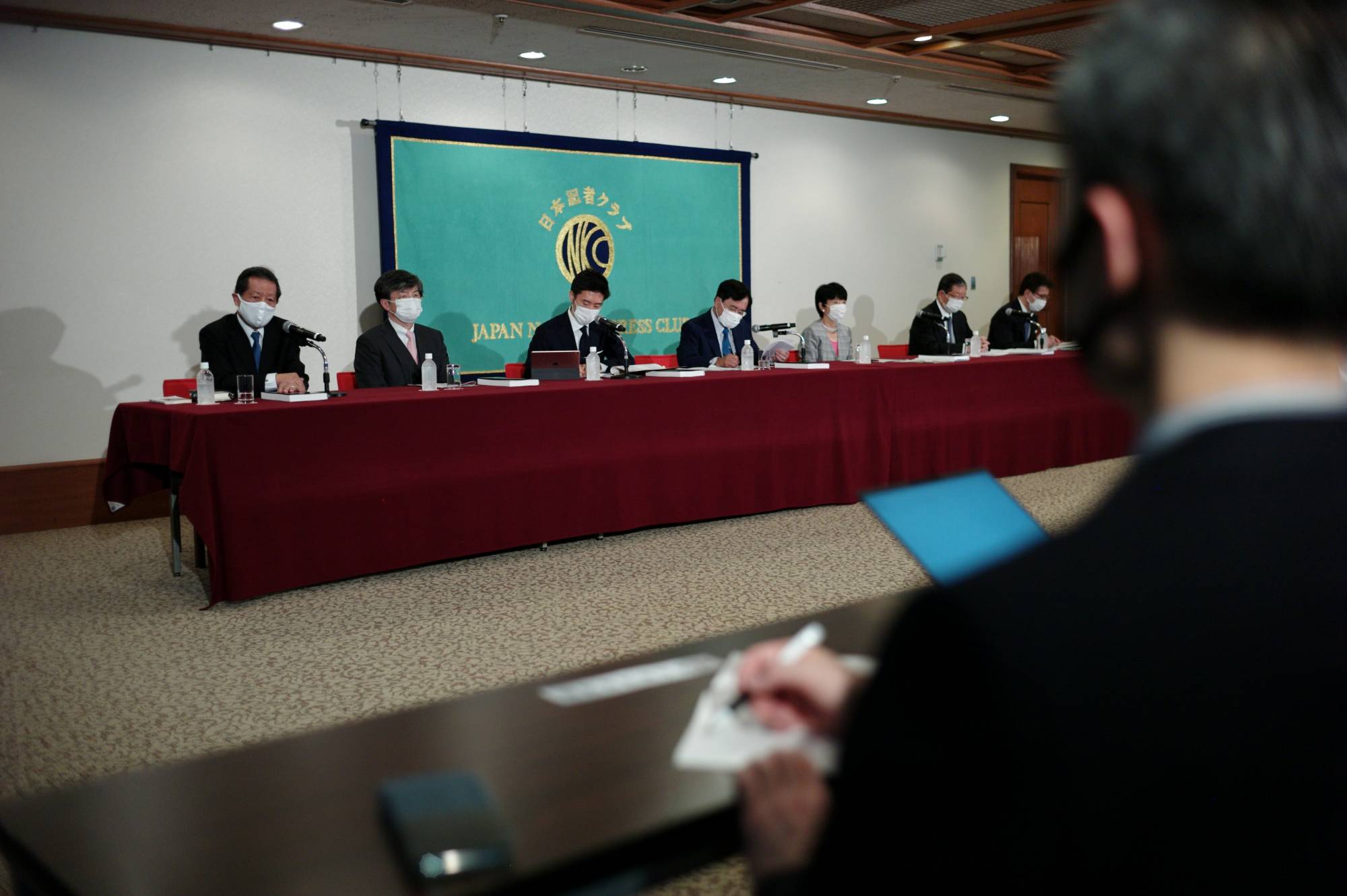Japan’s virus countermeasures spanning January to July — during which time the country saw its first major wave of COVID-19 — were “belated but produced good results,” according to a report published Wednesday by the Asia Pacific Initiative, a Tokyo-based global think tank founded in the wake of the 2011 Great East Japan Earthquake.
Insufficient disaster preparedness, disjointed messaging from public officials, a stubborn resistance to raising testing capacity as well as political friction between national and municipal leaders seemed to expose the shortcomings of the “Japan Model.”
And yet, using only voluntary countermeasures and “soft lockdowns” that bore no punitive measures, the country did “the best it could with what it had,” the report said.



















With your current subscription plan you can comment on stories. However, before writing your first comment, please create a display name in the Profile section of your subscriber account page.